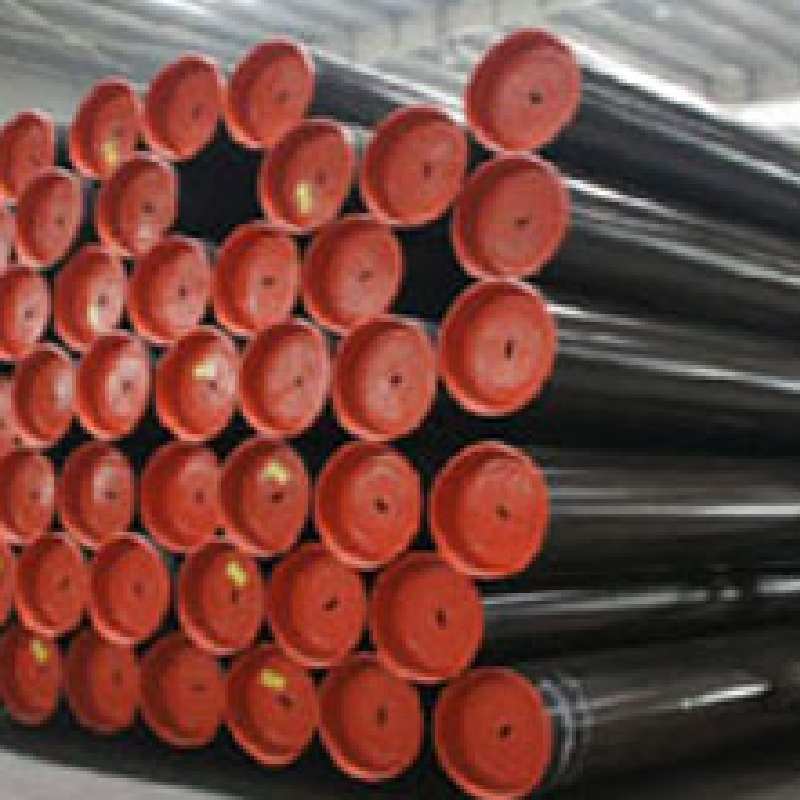-
Cangzhou Yulong Steel Co., Ltd.
-
Phone:
+86 13303177267 -
Email:
admin@ylsteelfittings.com
- English
- Arabic
- Italian
- Spanish
- Portuguese
- German
- kazakh
- Persian
- Greek
- French
- Russian
- Polish
- Thai
- Indonesian
- Vietnamese
- Zulu
- Korean
- Uzbek
- Hindi
- Serbian
- Malay
- Ukrainian
- Gujarati
- Haitian Creole
- hausa
- hawaiian
- Hebrew
- Miao
- Hungarian
- Icelandic
- igbo
- irish
- Japanese
- Javanese
- Kannada
- Khmer
- Rwandese
- Afrikaans
- Albanian
- Amharic
- Armenian
- Azerbaijani
- Basque
- Belarusian
- Bengali
- Bosnian
- Bulgarian
- Catalan
- Cebuano
- China
- China (Taiwan)
- Corsican
- Croatian
- Czech
- Danish
- Esperanto
- Estonian
- Finnish
- Frisian
- Galician
- Georgian
- Kurdish
- Kyrgyz
- Lao
- Latin
- Latvian
- Lithuanian
- Luxembourgish
- Macedonian
- Malgashi
- Malayalam
- Maltese
- Maori
- Marathi
- Mongolian
- Myanmar
- Nepali
- Norwegian
- Norwegian
- Occitan
- Pashto
- Dutch
- Punjabi
- Romanian
- Samoan
- Scottish Gaelic
- Sesotho
- Shona
- Sindhi
- Sinhala
- Slovak
- Slovenian
- Somali
- Sundanese
- Swahili
- Swedish
- Tagalog
- Tajik
- Tamil
- Tatar
- Telugu
- Turkish
- Turkmen
- Urdu
- Uighur
- Welsh
- Bantu
- Yiddish
- Yoruba

Oct . 13, 2024 08:22 Back to list
Eccentric and Concentric Reducers for Efficient Piping Solutions and System Design
Understanding Eccentric and Concentric Reducers A Key Component in Piping Systems
When it comes to piping systems in various industries, the efficiency and effectiveness of the flow of fluids are paramount. One crucial component that facilitates this flow is the reducer, and more specifically, eccentric and concentric reducers. These two types of reducers play significant roles in managing the transitions between pipes of different diameters, thereby ensuring a seamless flow and minimizing turbulence.
What Are Reducers?
Reducers are piping fittings used to connect two pipes of different diameters. They can either be concentric or eccentric. The primary function of a reducer is to allow for a change in the diameter of the pipe, making it easier to adapt to different piping systems or to accommodate changes in flow requirements.
Eccentric Reducers
Eccentric reducers have an off-centered design, which means that one end of the reducer is larger in diameter, while the other end tapers down to a smaller diameter, but with the centers of both ends aligned horizontally. This unique design allows for the maintenance of a horizontal flow of fluid.
One of the primary advantages of eccentric reducers is their ability to facilitate effective drainage. In systems where liquids may accumulate, having an eccentric reducer can help prevent air pockets by ensuring that the flow remains constant at the bottom. This is particularly important in industries such as wastewater management, where efficient drainage is essential to prevent clogging and ensure smooth operation.
Furthermore, eccentric reducers are crucial in applications where gas transport is involved. By preventing gas pockets from forming, they help maintain pressure and ensure a consistent flow of gaseous materials, ultimately enhancing the performance of the entire piping system.
eccentric concentric reducer

Concentric Reducers
On the other hand, concentric reducers feature a symmetrical design, where the two ends of the reducer are aligned along the same centerline. This means that both ends taper uniformly, creating a vertical or central flow pattern. Concentric reducers are commonly used in situations where the flow direction remains consistent and where aesthetic considerations matter, such as in HVAC systems where appearance and layout are important.
Concentric reducers are ideal for applications where space is restricted and where the potential for flow disruption is minimal. They are often used in piping systems for water, oil, and gas pipelines, where the uninterrupted flow is crucial for maintaining system integrity.
Selection Criteria
Choosing between eccentric and concentric reducers largely depends on the specific requirements of the application. Factors such as the type of fluid being transported, the system’s flow dynamics, and installation constraints play a role in determining which reducer to use.
Eccentric reducers are often preferred in applications where air pockets and drainage are concerns, while concentric reducers are suited for systems that require a uniform flow and where space is limited. Moreover, considerations such as pressure drop, fitting material, and compatibility with existing piping should also be taken into account to ensure optimal performance.
Conclusion
Eccentric and concentric reducers are essential components of piping systems that help manage the transition between different pipe diameters. Understanding the differences between these two types of reducers allows engineers and designers to make informed decisions, ensuring efficient fluid flow and system reliability. Whether used in industrial applications, water treatment facilities, or HVAC systems, the proper selection of reducers can significantly influence the performance and longevity of the piping infrastructure. With their unique designs and functionalities, eccentric and concentric reducers showcase the intricacies involved in fluid dynamics within engineering practice.
Latest news
-
ANSI 150P SS304 SO FLANGE
NewsFeb.14,2025
-
ASTM A333GR6 STEEL PIPE
NewsJan.20,2025
-
ANSI B16.5 WELDING NECK FLANGE
NewsJan.15,2026
-
ANSI B16.5 SLIP-ON FLANGE
NewsApr.19,2024
-
SABS 1123 FLANGE
NewsJan.15,2025
-
DIN86044 PLATE FLANGE
NewsApr.19,2024
-
DIN2527 BLIND FLANGE
NewsApr.12,2024
-
JIS B2311 Butt-Welding Fittings LR/SR 45°/90° /180°Seamless/Weld
NewsApr.23,2024











